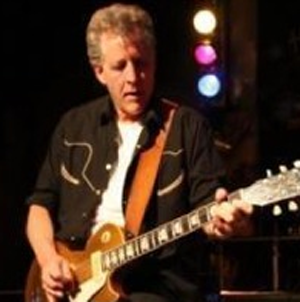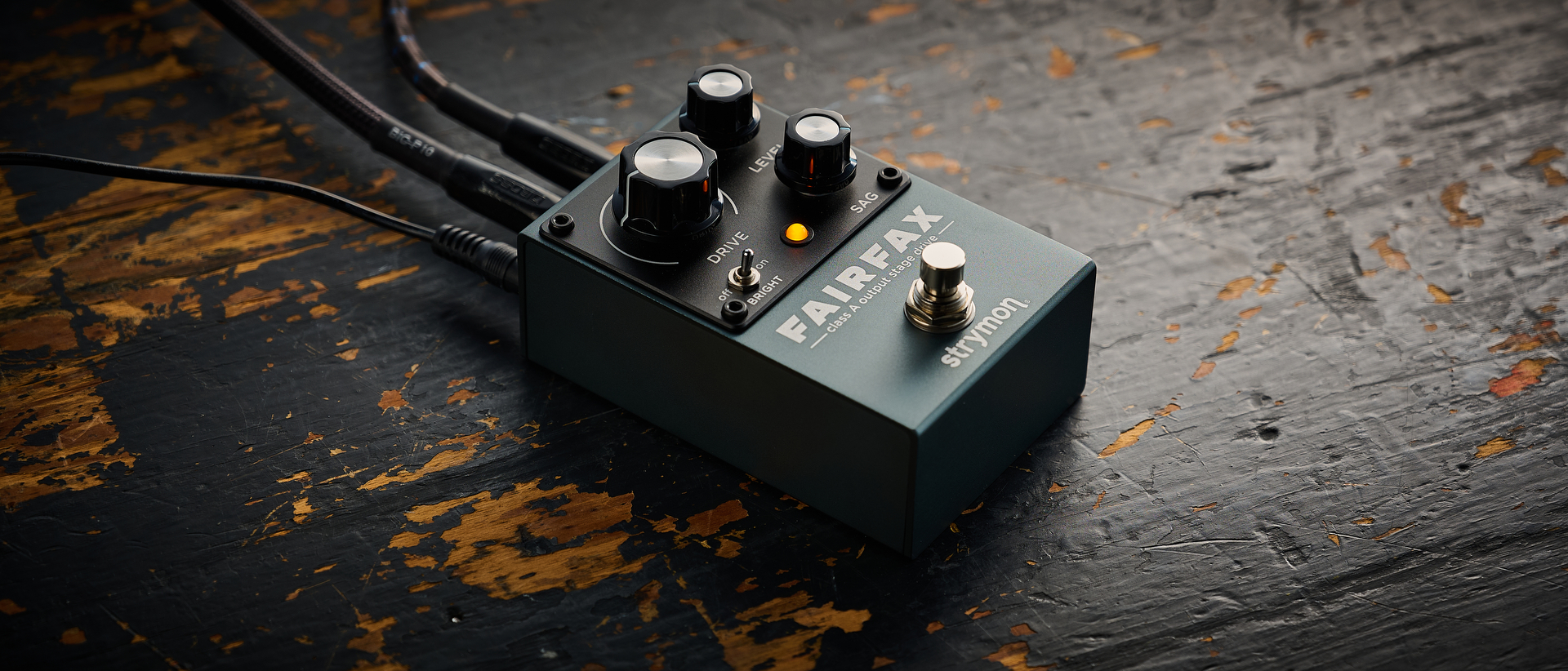Talkin’ Blues with Keith Wyatt: Electric Soul — Snooks Eaglin, Part 2
All the latest guitar news, interviews, lessons, reviews, deals and more, direct to your inbox!
You are now subscribed
Your newsletter sign-up was successful

Last month, we examined the acoustic mastery of New Orleans guitarist Snooks Eaglin, which was captured on the acclaimed 1959 album New Orleans Street Singer.
Ironically, solo acoustic performance was only a sideline for Eaglin, who mainly played electric guitar and sang with full bands. Between 1960 and 1963, a series of Dave Bartholomew–produced contemporary New Orleans–style R&B recordings for Imperial Records explored that aspect of his talent.
The Imperial sides focus mainly on Eaglin’s impassioned Ray Charles–influenced vocals and the quality of the material itself varies, but the solos reveal a rich, quirky melodic imagination, flights of virtuosity, impeccable timing and a unique bare-handed attack. Together, they combine to make Snooks one of the great electric blues stylists of his generation.
Figure 1 is a collection of Eaglin-inspired phrases arranged over a 32-bar progression with a New Orleans–style up-tempo two-beat feel, comparable to the Imperial tracks “Yours Truly” or “Cover Girl.” In bars 1–4, bluesy phrases segue into fast triplet minor pentatonic pull-offs foreshadowing Jimmy Page’s “Heartbreaker” solo. The double-stop sequence in bars 9 and10, similar to those in Eaglin’s version of “Mama (Talk to Your Daughter),” eases into jazzy chord tone-based phrases (check out “Cover Girl”). Eaglin’s purported 2,500-song repertoire included many jazz standards, and he was fluent at “playing over changes” and knew how to use arpeggios to outline and describe chords.
Eaglin liked to mix up his rhythmic phrasing, as in bars 17–22, where the same descending, sweep-picked G5 arpeggio is cleverly repeated on different beats surrounded by various syncopations. The solo peaks in bars 23–26 with a C# (or G) diminished-seven (C# E G Bb) arpeggio run and blues lick in triplets that showcase his formidable chops. (Duplicating his distinctive picking style is very difficult, but the licks are also playable with conventional alternate flatpicking.) In the last few bars, characteristic single-note phrases alternate with chord accents. Even with a band to support him, Eaglin never strayed far from the rhythm.
The Imperial recordings failed to yield the hoped-for national hit, but Eaglin continued to record and perform in his home city until he passed away in 2009. Lucky for us, a number of his live performances are preserved on YouTube.
All the latest guitar news, interviews, lessons, reviews, deals and more, direct to your inbox!
